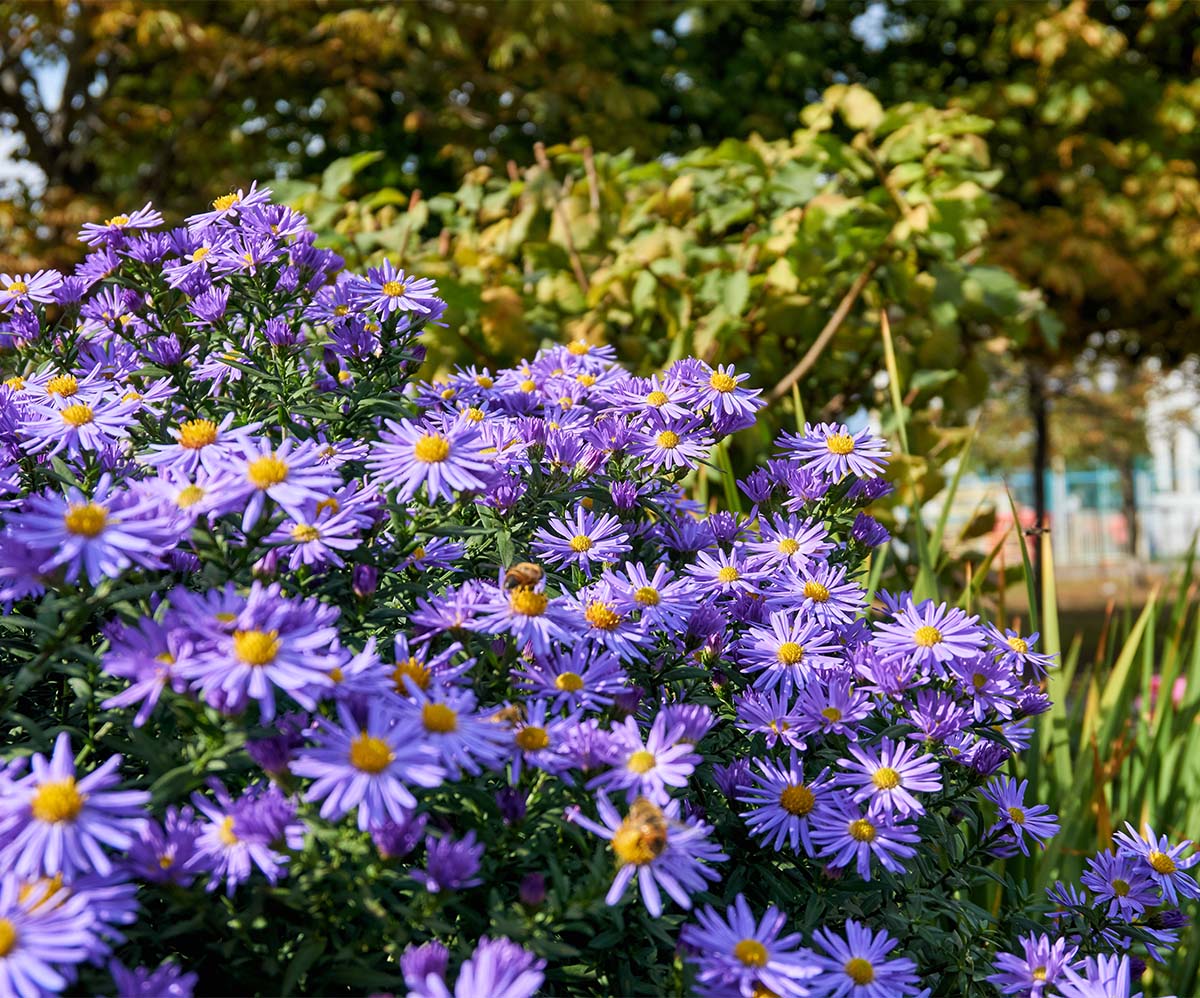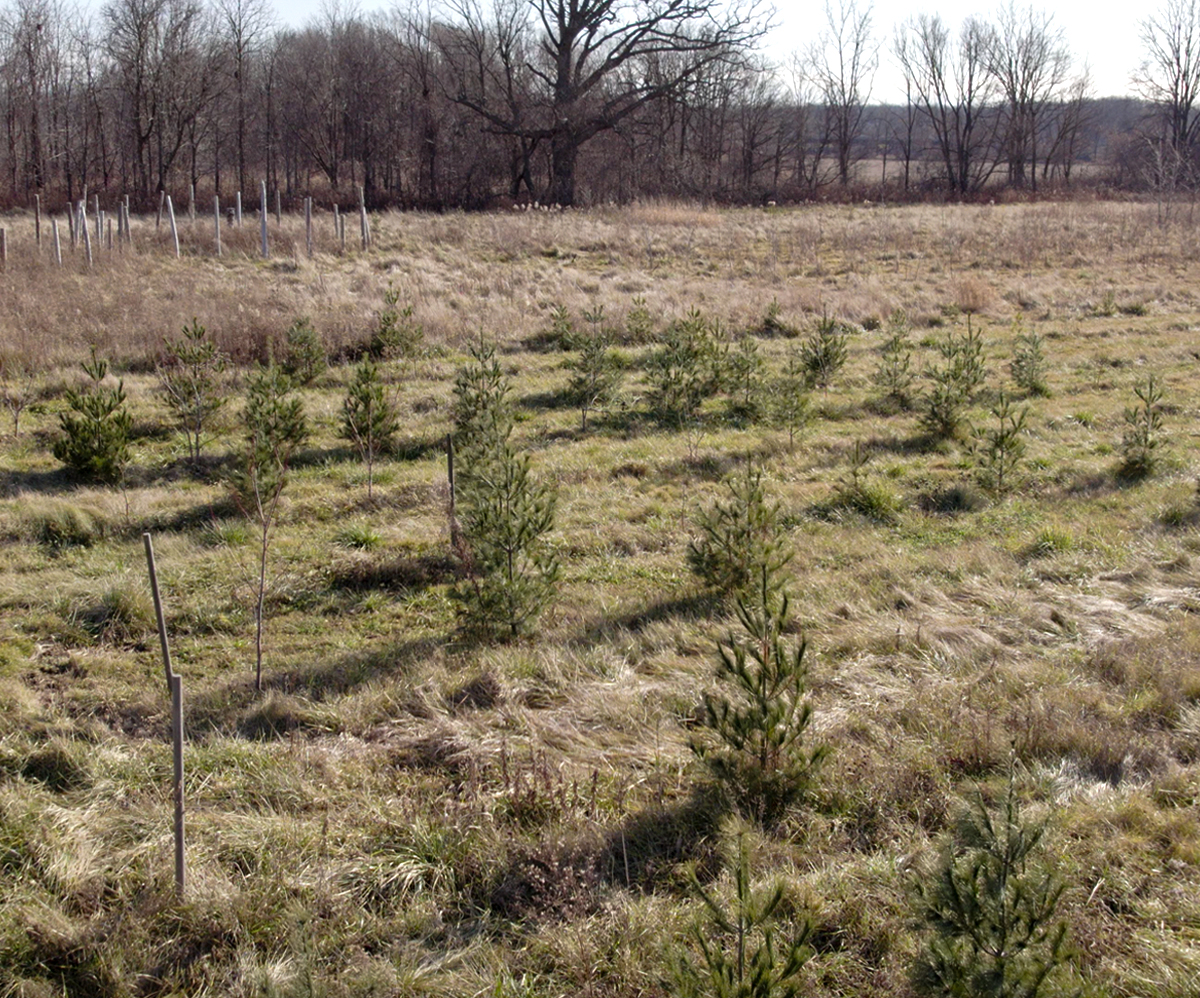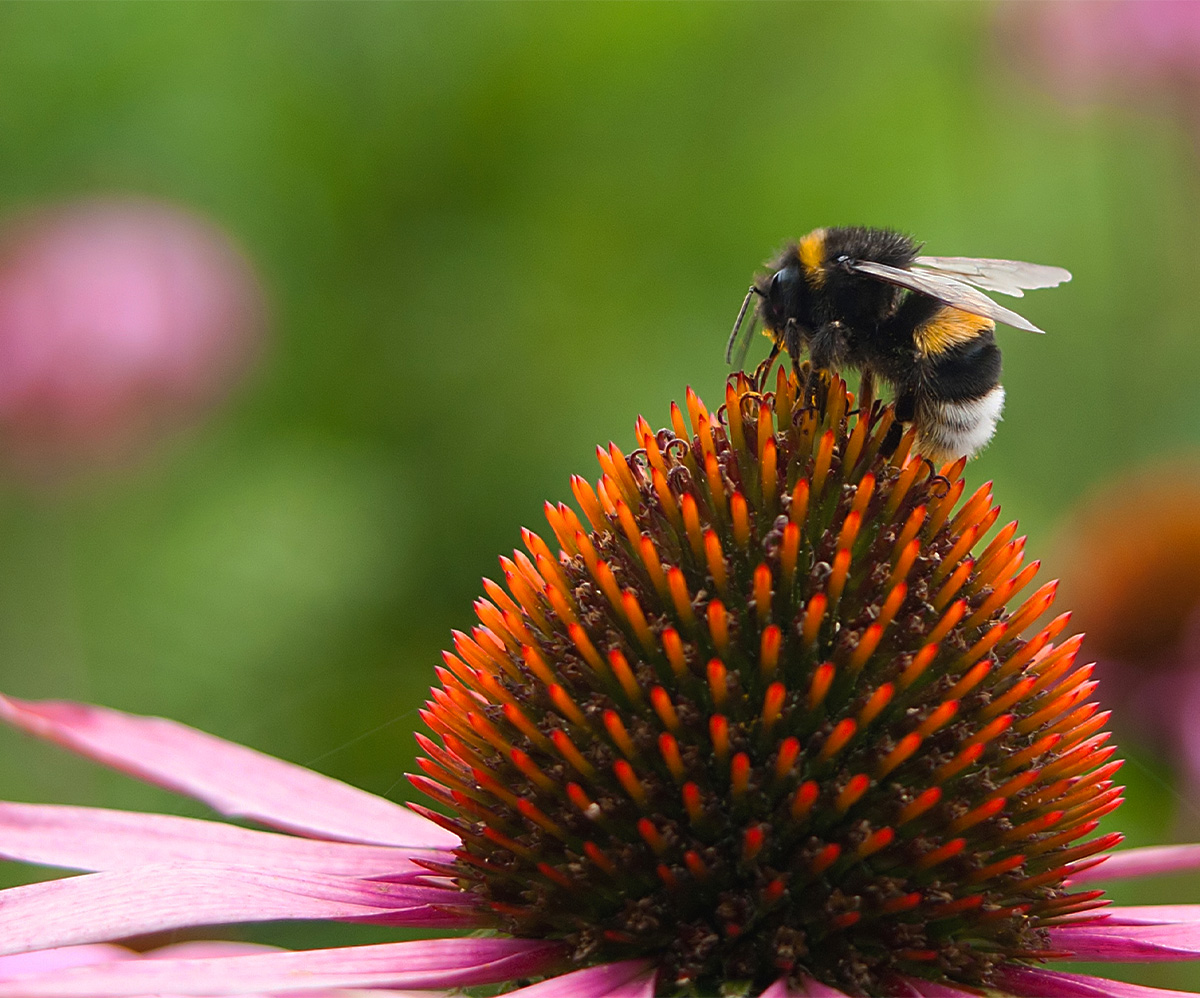

Creating a beautiful outdoor space doesn’t have to mean hours of upkeep. By choosing the right plants (especially native species), you can design a garden or landscape that thrives through every season with very little effort.
READ MORE
Forests Ontario's 50 Million Tree Program is a remarkable initiative aimed at growing and restoring our natural landscapes for generations to come. So, let’s roll up our sleeves, grab a shovel, and plant the seeds of change — one tree at a time.
READ MORE
Spring is officially here, which means it's time to start thinking about our gardens and yards. As we welcome the warmer weather and plan our spring cleaning, it's important to remember the impact it can have on our pollinators and other beneficial insects. At Kayanase, we believe in a live-and-let-live approach to yard cleanup, ensuring that we are creating a healthy habitat for all our garden visitors.
Did you know that pollinators rely on the shelter provided by last year’s plant stalks, fallen leaves, and brush piles? In cooler climate zones, these habitats are crucial for their survival during chilly nights and spring showers. Bumble bees and ground-nesting bees need cover to thrive, even as flowering trees and shrubs burst into bloom.
So, how can we determine when it's safe to start our spring clean-up without disturbing these important creatures? If temperatures are consistently above 10 degrees Celsius and the grass is growing enough to mow, chances are most pollinators have emerged. And if apple trees are no longer in bloom, you should be in the clear.
But the support for pollinators doesn't stop once spring cleaning is done. Throughout spring and summer, there are many things we can do to continue to support these important creatures. Waiting until temperatures are at least 10 degrees Celsius before cleaning up, planting native nectar plants, providing a year-round water source, reducing pesticide use, and making your lawn pollinator-friendly are all great ways to help.
At Kayanase, we are dedicated to supporting our pollinators and other beneficial insects. Contact us to learn more about how we can help you create a healthy and thriving garden ecosystem. Let's work together to make a positive impact on our environment and support the important work of our pollinators!